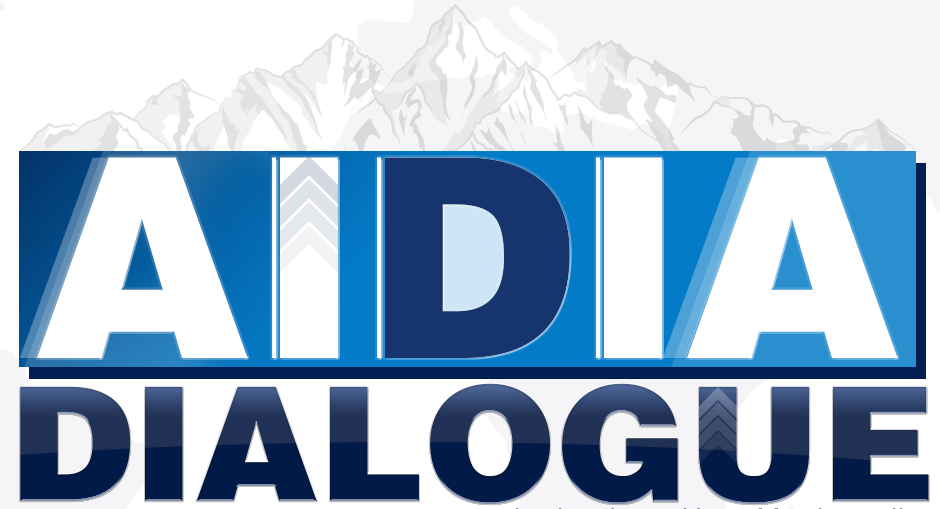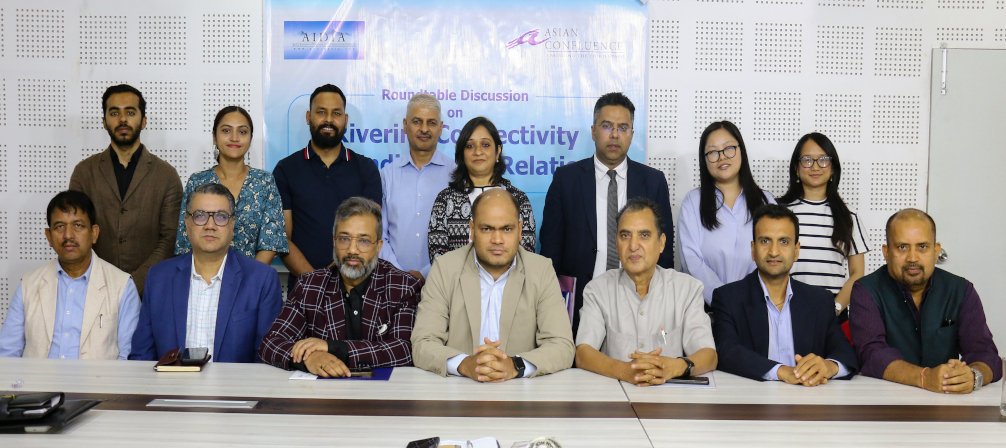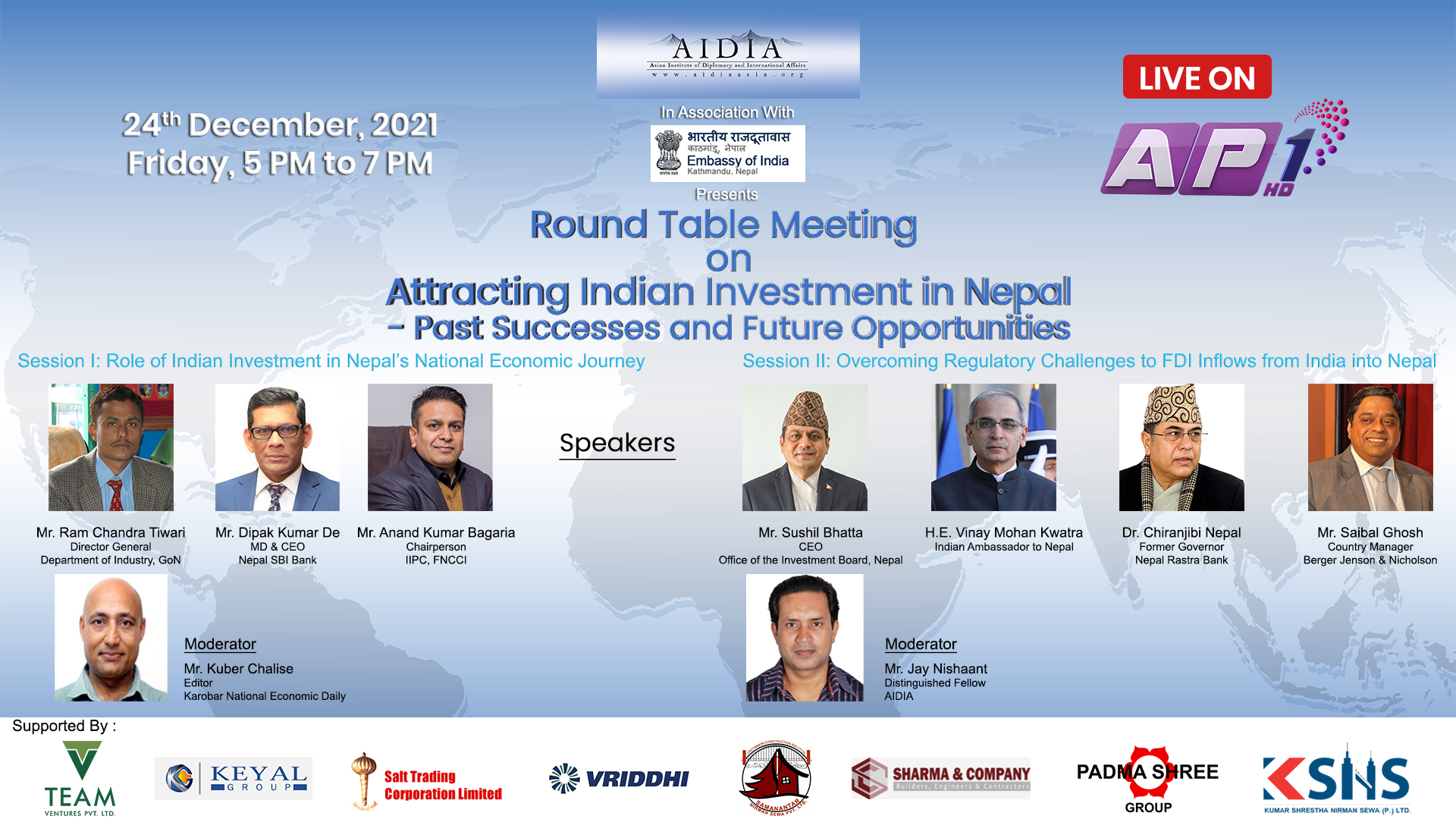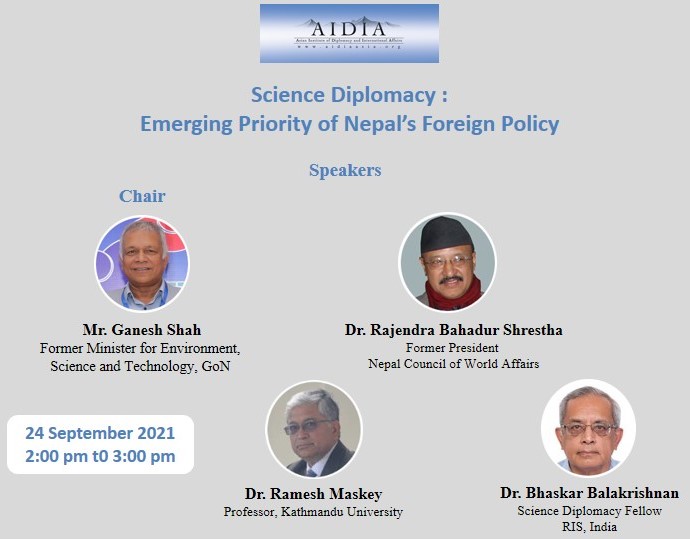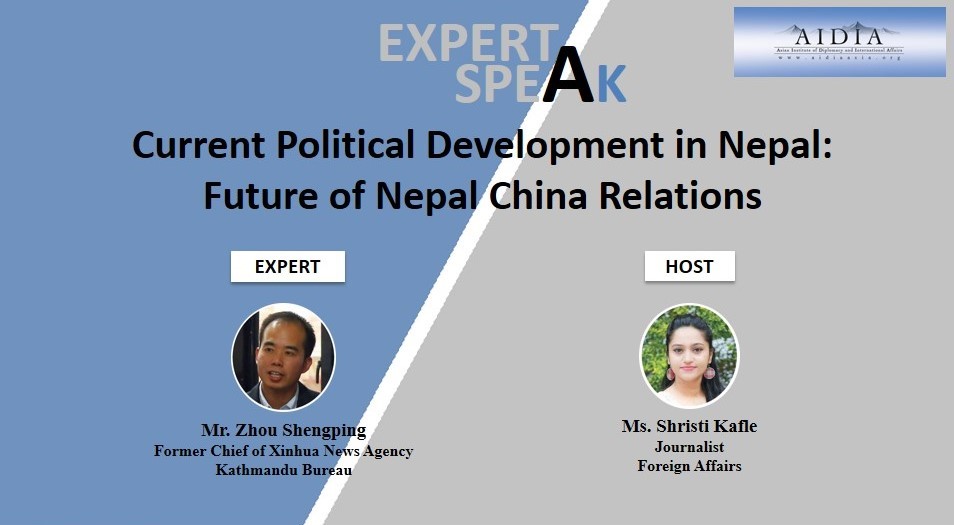Nepal has faced prolonged political instability, greatly affecting its economic progress and overall development. Despite enacting a new constitution in 2015, maintaining political stability remains a hurdle, leading to inconsistencies in policy. Furthermore, Nepal’s fragile economy has been hit hard by recent events such as the Covid-19 pandemic and Russia’s invasion of Ukraine. While there are indications of a gradual global economic recovery, Nepal’s economic future remains uncertain, highlighting the need for immediate actions to tackle these challenges.
A nation’s economic development is greatly influenced by its foreign policy and economic diplomacy. However, Nepal’s foreign policy has been characterised by ad-hoc arrangements, often driven more by populism than by strategic principles. Of particular concern is the decline in Foreign Direct Investment (FDI), foreign assistance, and trade balance, despite improvements in the political landscape. To tackle these challenges, the government has implemented various measures, including frequent investment summits, to attract more FDI. Nepal offers numerous investment opportunities for global investors, leveraging its dynamic working-age population, with 57 percent falling in the 19-59 years age group. This demographic advantage provides a positive outlook for international investors for at least the next two decades.
Moreover, Nepal is strongly committed to its goal of graduating from its Least Developed Country (LDC) status by 2026 and achieving the Sustainable Development Goals by 2030. However, the current situation presents challenges that hinder this progress.
Recognising the importance of addressing these challenges, the Asian Institute of Diplomacy and International Affairs (AIDIA) has designed a monthly event. This platform will facilitate discussions on critical topics such as Nepal’s foreign policy, economic landscape, infrastructure, and relevant policies and legislations. The goal is to pinpoint solutions and cultivate an enabling environment for Nepal’s overall advancement and holistic development.
The Concept
The concept behind the dialogue is to convene a diverse group of individuals including politicians, economists, planners, entrepreneurs, and diplomats of national and international renown, among others. The objective is to conduct a comprehensive analysis of Nepal’s development trajectory, economic standing, investment environment, and pertinent challenges. By fostering insightful discussions and leveraging expert analyses, the event aims to illuminate crucial factors influencing the nation’s investment climate. It also seeks to facilitate strategic conversations aimed at fostering sustainable economic growth and enhancing the overall well-being of the country.
The Vision
The vision for this event is to make impactful contributions to various stakeholders such as government agencies, policymakers, think tanks, the private sector, and multinational enterprises. It aims to achieve this through groundbreaking discussions that delve into critical issues. These discussions will identify key obstacles to progress and brainstorm effective strategies to overcome them. By fostering collaborative dialogues, the event endeavors to facilitate informed decision-making processes and inspire positive changes that will contribute to the overall development and growth of Nepal.
Target Participants
The program’s main audience comprises policymakers, private sector representatives, foreign investors, politicians, government officials, media personnel, and individuals with a strong interest in economics and diplomacy. The program is inclusive and welcomes participants from all age groups and backgrounds, aiming to engage a diverse audience and facilitate informed discussions on vital political, economic, social, and diplomatic issues.
The objectives:
- Identifying obstacles and suggesting effective solutions to overcome them.
- Offering valuable insights to policymakers, especially within the government.
- Creating a comprehensive repository of knowledge on subjects like foreign policy, economic diplomacy, Foreign Direct Investment (FDI), infrastructure development, and related topics.
- Promoting sustainable development practices and exploring opportunities for green growth initiatives.
- Leveraging technological advancements to drive innovation and enhance economic competitiveness.
- Facilitating regional cooperation and partnerships to address shared challenges and promote regional stability and prosperity.
Speakers
- Kathmandu

